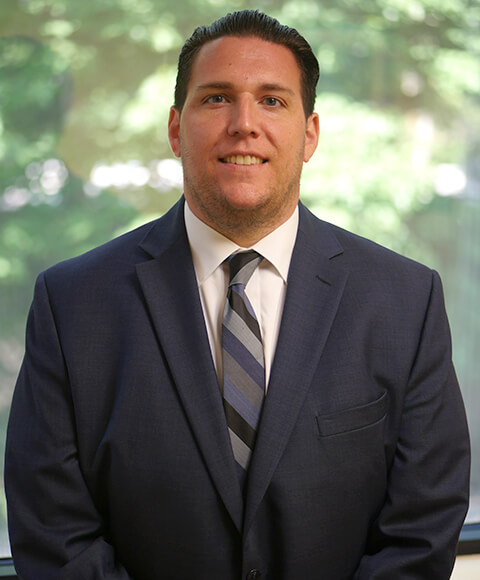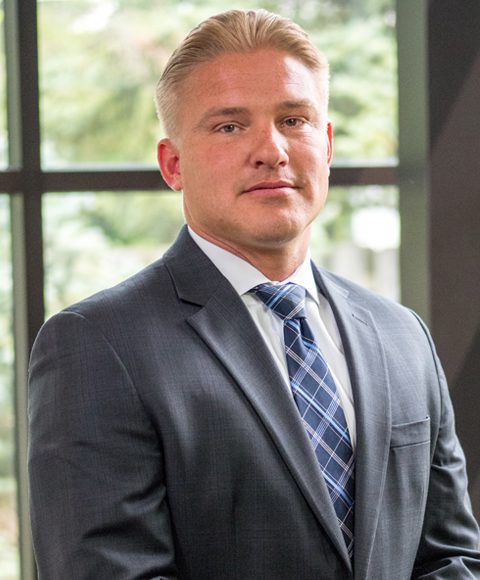Unfortunately, I had EEOC issues that I could not resolve with my employer. After several weeks of searching for a law firm with the knowledge, ability and resources to take on an EEOC case against a large agency, I heard about Tully Rinckey, PLLC., Allen Shoikhetbrod, my attorney at Tully Rinckey, is phenomenal. Allen is extremely knowledgeable about EEOC and government agency issues. Experienced, honest, professional, detail-oriented, empathetic and warrior are words I would use to describe him. Tully Rinckey is a professional law firm that cares about the individual, not just the numbers. There were no surprise or hidden fees, phone calls and emails were promptly answered. The legal representation and advice provided during my case was well worth the cost. I would definitely recommend Tully Rinckey to family and friends.

H. W.

















